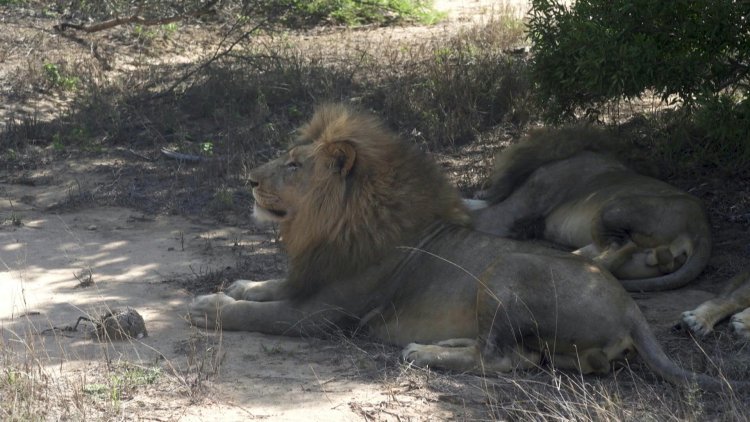South Africa snips lions to manage species in small reserves

On the cusp of sexual maturity, a young lioness is about to be sterilised. It's to prevent mating with her father and uncles, the only three wild males on this small South African reserve.
Such parks protect about 700 lions in South Africa alone, but the prides must be carefully managed to avoid overpopulation and in-breeding.
"Under natural circumstances, this would not happen because the males would have been displaced by other males," said manager Kevin Leo-Smith, hands on the wheel of an open-topped safari vehicle.
In large reserves, lions roam vast swathes of land, up to 12,000 hectares (30,000 acres).
Only the strongest survive, as prides fight for territory and compete against other predators for food.
Smaller carnivores prey on cubs, and males can maul each other to death.
But the nine lions of Rietspruit game reserve have very little to fear.
Antelope abound on its 5,500-hectares near Kruger National Park, and there are too few hyenas, leopards or cheetahs to pose a threat.
The only three males are inseparable brothers who happily take turns with the females.
"The biggest problem is genetic diversity," said Leo-Smith. "Lions breed very fast."
Left to their own in such a plentiful setting, they would rapidly multiply, eat through the reserve and then move on to nearby cattle farms.
Nine is all the reserve can accommodate for now.
The lion mother is on birth control, and her four teenage daughters have to be spayed. The remaining older female has already been snipped.















